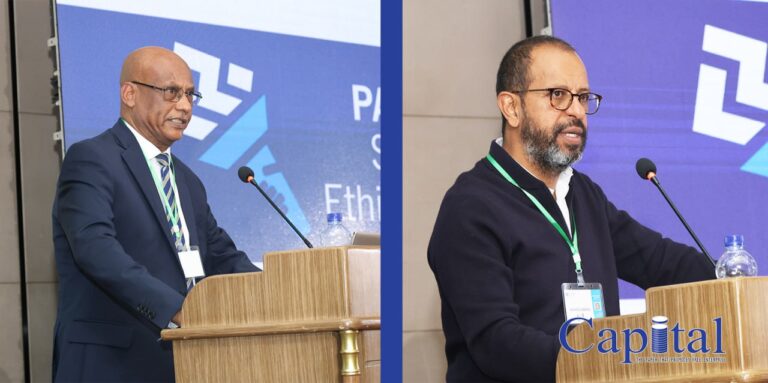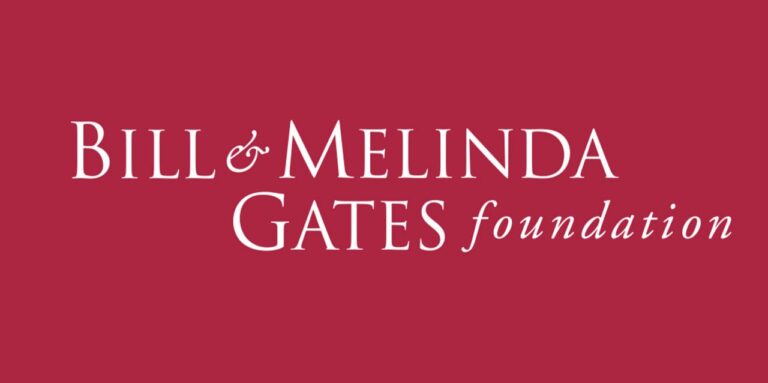Zemen Bank has announced a significant achievement in its financial operations, successfully mobilizing over $500 million in foreign currency during the last fiscal year. This milestone marks a notable accomplishment for the bank, which has been operational for 16 years and has consistently demonstrated strong performance in the Ethiopian banking sector.
In the 2023/24 fiscal year, Zemen Bank reported that it mobilized a total of $566 million in foreign exchange. Tewahido Tafesse, Chief Strategy and Marketing Officer of Zemen Bank, highlighted this achievement during a recent report on the bank’s operations. He noted that the bank’s capital has reached 12 billion 262 million birr, while its total assets have grown to 59 billion birr. The paid-up capital stands at 7.5 billion birr.
At a forum held last week, Zemen Bank also announced an increase in its legal reserves to 1.7 billion birr. The event recognized more than 200 long-standing customers and partners of the bank, showcasing its commitment to fostering relationships within the business community.
Dereje Zebene, CEO of Zemen Bank, expressed gratitude for the support received from customers and partners, stating, “We are fortunate to be able to work with our customers and partners at a time when the financial sector and services are becoming free.” This sentiment reflects the bank’s dedication to enhancing its services and expanding its reach within Ethiopia’s evolving financial landscape.
Among those recognized at the forum were investors engaged in various sectors including trade and investment, flower farm development, technology, air transport, hotel management, and tourism. These sectors are vital to Ethiopia’s economic growth and development.

Currently, Zemen Bank operates with a network of 127 branches, 293 ATMs, and 801 point-of-sale (POS) machines. The bank’s signed capital has increased to 15 billion birr, with a paid-up capital of 7.5 billion birr and legal reserves of 1.7 billion birr. This robust infrastructure positions Zemen Bank as a key player in providing financial services across Ethiopia.
The successful mobilization of foreign currency is particularly significant given the ongoing challenges faced by many financial institutions in Ethiopia. As the country navigates economic reforms and seeks to stabilize its currency, Zemen Bank’s ability to attract foreign exchange demonstrates its resilience and commitment to supporting both local businesses and the broader economy.
Zemen Bank’s achievement of mobilizing over $500 million in foreign currency underscores its role as a leading financial institution in Ethiopia. With its strong capital base and extensive network, the bank is well-positioned to continue contributing to the country’s economic growth while supporting its customers and partners across various sectors. As Ethiopia’s financial landscape evolves, Zemen Bank remains committed to fostering innovation and resilience within the banking sector.






